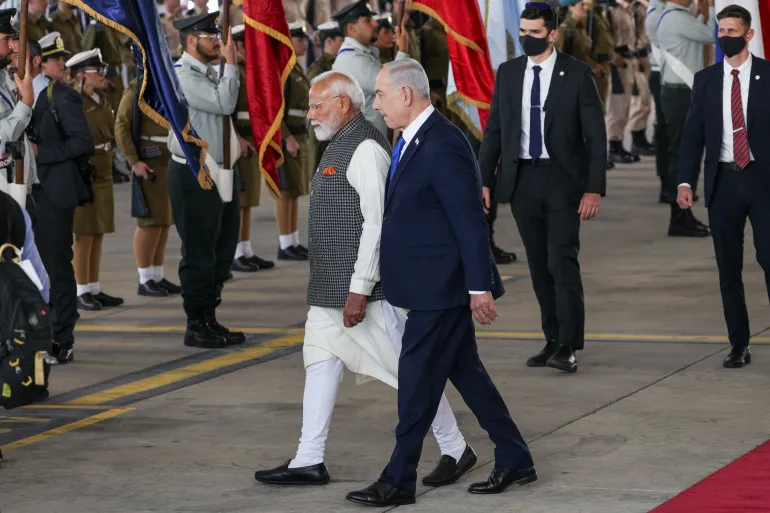Editorial
The United Nations Security Council has broken precedent by condemning the Israeli strike on Doha, though it carefully avoided naming Israel directly. This rare consensus, including from the United States, underscored the gravity of the attack on a residential compound that killed five Hamas members and a Qatari security officer. Qatar, long a mediator in the Israel-Gaza conflict, described the strike as a test for the international community, questioning how dialogue can continue when its own sovereignty was violated.
For Qatar, the incident is not merely about military aggression but about the erosion of diplomacy. Hosting Hamas’s political bureau since 2012, Doha has often served as a back channel for ceasefire negotiations, supported by Washington. Yet, Israel’s unprecedented strike directly challenged this arrangement, raising doubts about whether mediators can remain neutral safe havens. Qatar’s Prime Minister reminded the Council that Israel, emboldened by extremists, has crossed borders and norms without restraint.
Reactions within the Council revealed familiar divisions. Pakistan and Algeria openly called the attack a violation of international law, while Israel’s representative justified the strike as a message that no sanctuary exists for Hamas. The United States, in a notable shift, backed the statement but remained cautious in tone. Former President Trump criticised Israel’s approach, warning it “does not advance America’s goals,” while also hinting it could open a door to peace.
The Doha strike carries profound implications. It exposes the limits of Gulf security guarantees, questions the sustainability of the Abraham Accords, and raises doubts about whether peace diplomacy can survive in an era of expanding Israeli military reach. Ultimately, the Security Council’s words matter less than whether its members act to restrain unilateralism.
















